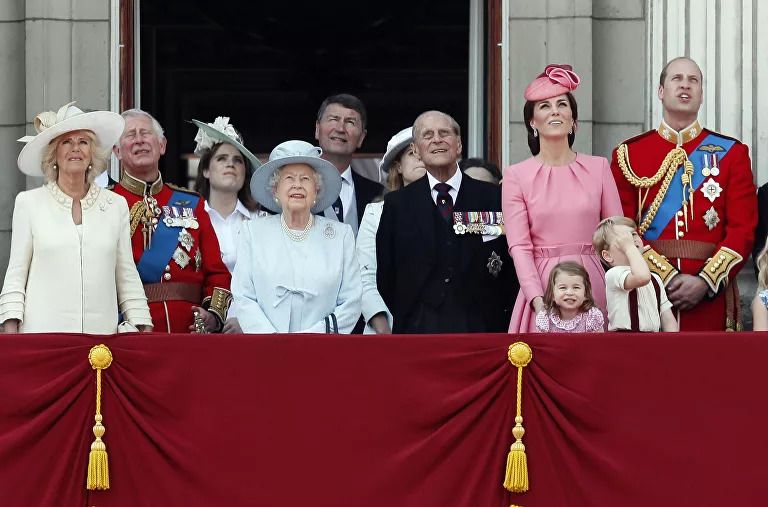
Queen Elizabeth's Lawyer Lobbied Government to Hide 'Embarrassing' Personal Investments
Uncovered government documents found in the UK's National Archives reveal that Queen Elizabeth's private lawyer pressured politicians to change legislation so her shareholdings could remain undisclosed, according to a report in The Guardian on Sunday.
Following an intervention by Buckingham Palace, Conservative ministers during the government of Ted Heath included a clause into the law which gave the government the ability to give an exemption to firms owned by “heads of state” from new legislation on corporate transparency.
The reports show that lawyers acting on behalf of Her Majesty invoked the Queen’s consent arrangement. Under this system, the reigning monarch is informed if a law could impact either the royal prerogative or private interests prior to parliamentary approval.
According to the archived memos, in November 1973 the Queen was concerned that the proposed bill to bring transparency to corporate shareholdings would open her finances to public criticism.
The Queen's private lawyer Matthew Farrer reportedly spoke to employees of the then Department of Trade and Industry regarding the proposed new measures in the bill. Farrer reportedly claimed that the Queen was worried about the possibility of her private investments being revealed.
A Civil Servant named CM Drukker said on 9 November that he spoke with Mr Farrer, who relayed to him his client's concern "over the risk of disclosure to directors of a company as to shareholders and the general public".
“He justifies this not only because of the risk of inadvertent or indiscreet leaking to other people”, Drukker continued, adding that "basically because disclosure to any person would be embarrassing".
Downing Street subsequently proposed the inclusion of an additional clause to the legislation which would permit the government to give specific firms exemption from otherwise mandatory shareholder revelation. After the general election that same year which put the Labour Party into power, the Harold Wilson government maintained the bill unaltered and it became law in 1976.
 Members of Britain's Royal family from left, Camilla, the Duchess of
Cornwall, Prince Charles, Princess Eugenie, Queen Elizabeth II,
background Timothy Laurence, Princess Beatrice, Prince Philip, Kate, the
Duchess of Cambridge, Princess Charlotte, Prince George and Prince
William watch a fly past as they appear on the balcony of Buckingham
Palace, after attending the annual Trooping the Colour Ceremony in
London, Saturday, June 17, 2017
Members of Britain's Royal family from left, Camilla, the Duchess of
Cornwall, Prince Charles, Princess Eugenie, Queen Elizabeth II,
background Timothy Laurence, Princess Beatrice, Prince Philip, Kate, the
Duchess of Cambridge, Princess Charlotte, Prince George and Prince
William watch a fly past as they appear on the balcony of Buckingham
Palace, after attending the annual Trooping the Colour Ceremony in
London, Saturday, June 17, 2017
A spokesperson for the Queen told The Guardian that “Queen’s consent is a parliamentary process, with the role of sovereign purely formal. Consent is always granted by the monarch where requested by the government".
“Whether Queen’s consent is required is decided by parliament, independently from the royal household, in matters that would affect crown interests, including personal property and personal interests of the monarch."
“If consent is required, draft legislation is, by convention, put to the sovereign to grant solely on the advice of ministers and as a matter of public record."
Despite the use of the Queen’s consent system typically being recorded in the parliamentary debate recorder 'Hansard' before a bill's third reading, no such notification of consent for the 1976 law can be found.
An exemption is given almost immediately following the law's approval to a company called Bank of England Nominees Limited, controlled by top Bank of England officials, which has been previously highlighted as a potential possible funnel through which the Queen owns shares.










